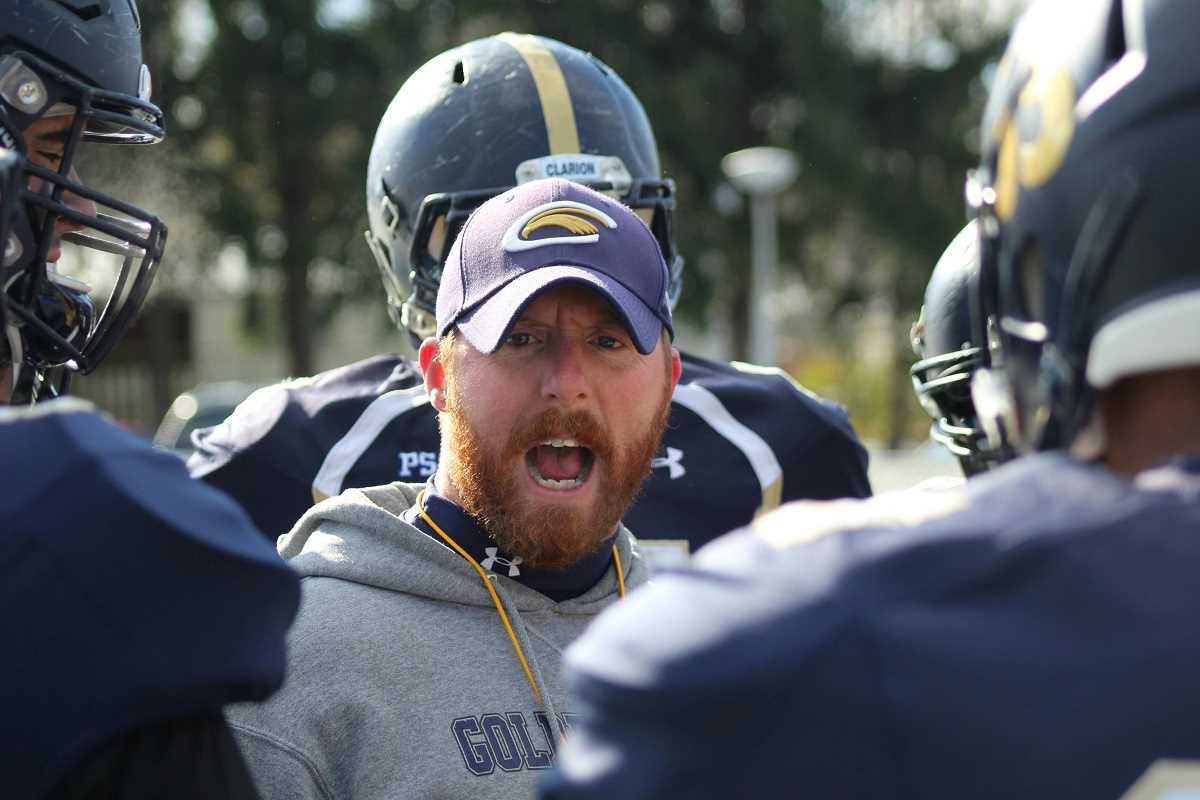Sports are as much about mental strength and strategic thinking as they are about physical prowess. Behind every successful athlete or team, there's a range of professionals who help optimize performance, sustain focus, and maintain mental well-being. Among them, sports psychologists and performance coaches play an essential role. A master’s degree in sports psychology and coaching opens the door to a unique and dynamic career landscape, combining psychology, athletics, and leadership.
Gaining Essential Skills Through a Master’s Program
Master's programs in sports psychology and coaching are designed to develop a deep understanding of the mental and emotional factors that influence athletic performance. These programs blend psychology theories with practical coaching techniques to prepare students for real-world challenges in the sports arena.
Core Knowledge Areas
- Mental Health and Well-being: Students learn how to support athletes' mental health, addressing issues like anxiety, burnout, and coping with pressures from competition. Knowledge of psychological counseling techniques equips graduates to guide athletes through personal and professional challenges.
- Performance Enhancement Strategies: A major focus is on teaching mental conditioning methods, such as visualization, goal setting, and mindfulness. These tools enhance focus, boost confidence, and improve decision-making under pressure.
- Team Dynamics and Leadership: Programs explore how group behaviors and interpersonal relationships affect team performance. Learning how to foster trust, communication, and collaboration prepares graduates to work with diverse teams effectively.
- Kinesiology and Sports Science Foundations: A mix of sports science and psychology ensures a holistic approach to athlete management, helping professionals understand how physical and mental elements interact.
- Research and Evaluation: Many programs include training in psychological and performance research. Graduates develop the ability to conduct studies on improving athlete performance and translate findings into actionable coaching strategies.
- Developing Interpersonal and Professional Skills: Beyond academic theory, master’s programs emphasize practical, interpersonal skills critical for success. Empathy, active listening, problem-solving, and adaptability are all attributes that students refine through case studies, internships, and immersive projects. Building these soft skills ensures graduates build trust and credibility with athletes, teams, and organizations.
Career Paths in Sports Psychology and Coaching
A master’s degree in this field unlocks a variety of career possibilities across competitive sports, education, and even corporate environments. Graduates can pursue roles that influence performance at individual, team, and organizational levels.
1. Sports Psychologist
Sports psychologists focus on the mental and emotional aspects of athletic performance. They work with individual athletes or teams to improve focus, manage stress, build resilience, and overcome performance plateaus. Sports psychologists often collaborate with coaches and medical teams to ensure athletes maintain balance in both body and mind.
Some professionals specialize in clinical sports psychology, working with athletes who face issues like depression, injury recovery, or career transitions. This role has become increasingly valued as awareness of mental health in sports continues to grow.
2. Performance Coach
Performance coaches specifically target optimizing athletes' peak output during games. They design mental conditioning regimens that integrate techniques such as visualization, focus training, and relaxation exercises. These professionals are often employed by elite teams, academies, and private training facilities.
Performance coaches act as motivators, helping athletes stay focused and committed to their goals. They don’t just improve performance—they enhance athletes’ ability to handle setbacks and stay mentally tough in their careers.
3. Team Consultant
Team consultants often work with organizations on specific objectives, such as improving team cohesion or developing leadership skills. For example, they might design workshops for professional sports teams to improve communication or mediate conflicts among players. They may also be called upon to create strategies for managing the mental aspects of transitioning new players into team structures.
Consultants often touch on organizational psychology, working at the intersection of business and sports to elevate entire franchises' mental performance and culture.
4. Academic Roles
For those passionate about education and research, academia is an ideal career path. Master’s graduates may teach sports psychology at colleges or lead research that shapes future practices in the field. Their work often influences policies, coaching standards, and even how athletes are trained across various levels of competition.
Advancement and Specialization
Once established in the field, there are many opportunities to specialize and advance. Sports psychologists may further specialize in areas like youth sports, elite professional athletes, or even military performance coaching. Performance coaches might carve out niches in specific sports, focusing exclusively on tennis players, gymnasts, or football players, for example.
Professionals can also expand their influence into related fields. Some consultants transition into executive coaching for corporate leaders, applying performance psychology principles to enhance decision-making, team dynamics, and stress management in an entirely different arena.
For those aiming for leadership, roles like director of team performance or head of player development at major sports franchises offer opportunities to oversee entire performance and mental conditioning programs.
Impact of Sports Psychology on the Industry
The integration of sports psychology into the broader sports industry has completely transformed how athletes are trained and supported. Teams and organizations are seeing the benefits of investing in mental health and performance expertise. The stigma around mental health in sports is diminishing, replaced with a proactive approach to nurturing resilience and emotional well-being.
Athletes are now viewed more holistically, with their mental, emotional, and social well-being considered just as important as their physical conditioning. This shift has increased demand for skilled experts who understand the interplay between these factors, making master’s graduates an essential part of the sports ecosystem.
The careers forged through a master’s in sports psychology and coaching go beyond personal fulfillment. Professionals in this area build stronger, more cohesive teams, unlock potential in athletes, and influence positive changes in sports culture. Whether you’re shaping individual champions or supporting thriving organizations, this degree is a gateway to careers that leave a lasting impact on the world of sports. For those who love the intersection of psychology and athletics, the opportunities are boundless.
 (Image via
(Image via





